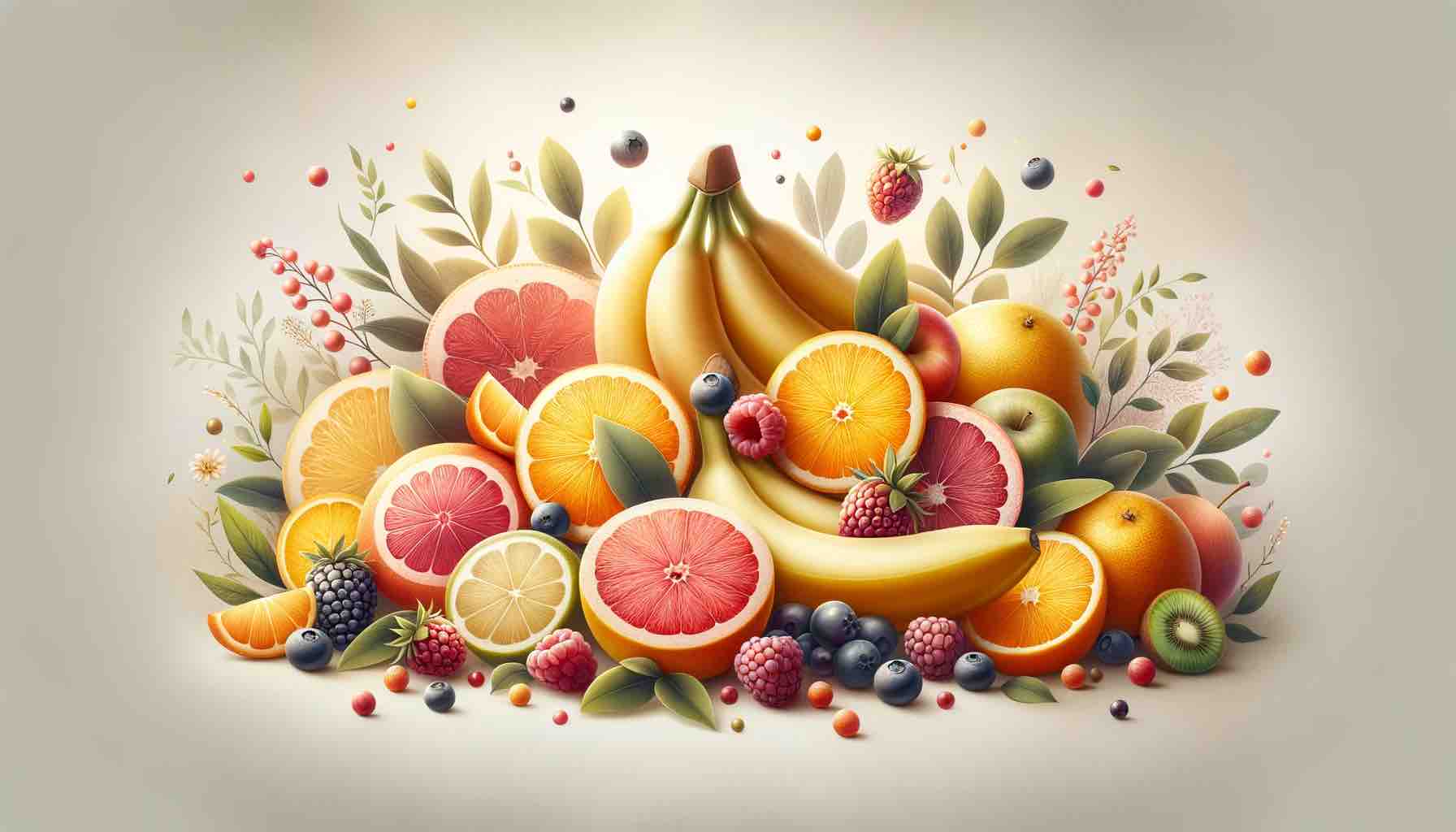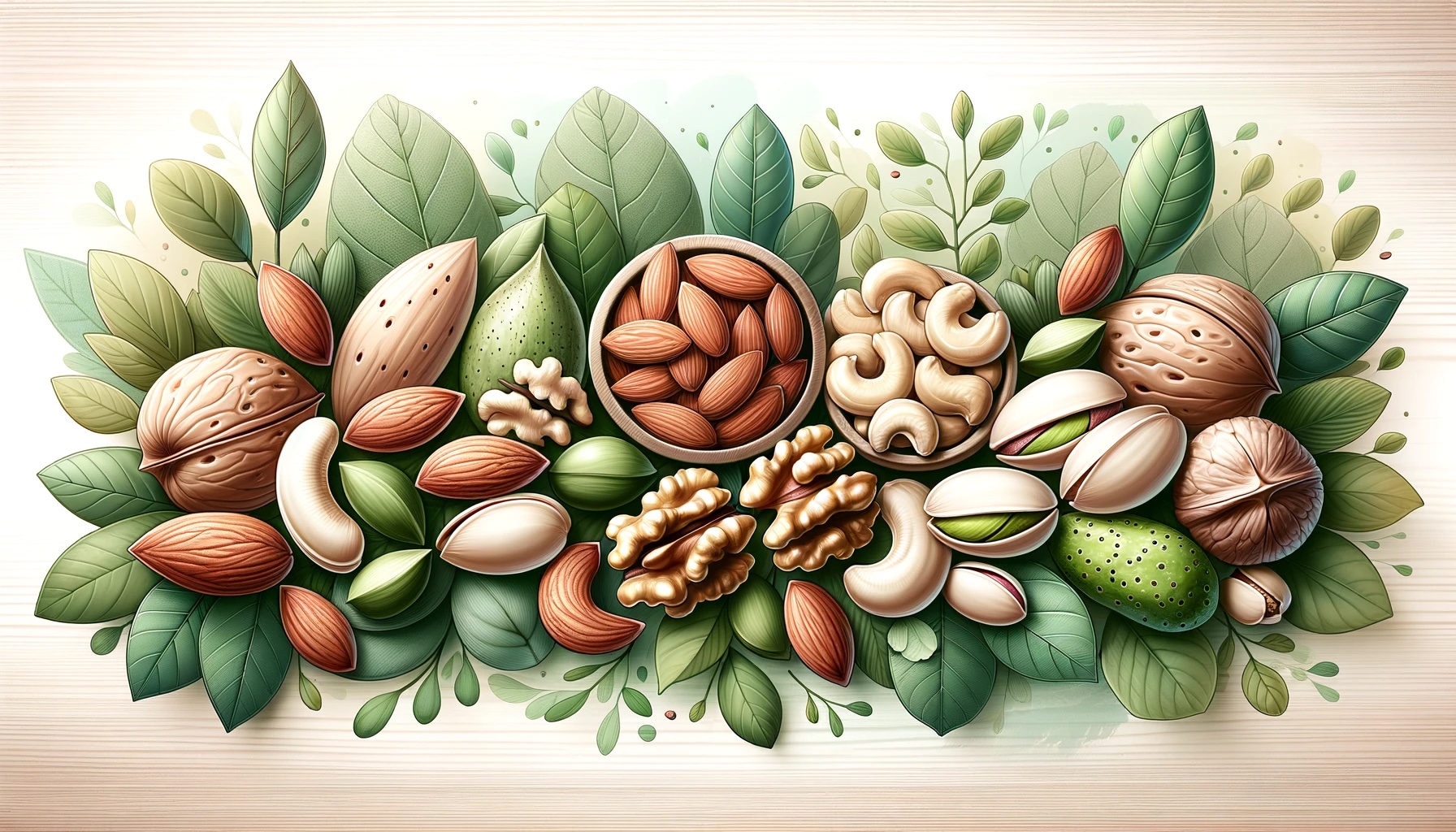
Introduction
Eczema, a prevalent skin condition, manifests as inflamed, itchy, and often cracked skin. Various factors, ranging from environmental triggers to dietary habits, can influence eczema’s severity and frequency of flare-ups. Among the myriad of dietary considerations that individuals with eczema often navigate, sugar consumption stands out as a particularly contentious topic. This article aims to delve into the intricate relationship between sugar intake and eczema, offering insights grounded in research, expert opinions, and practical considerations.
Understanding Eczema
Eczema, or atopic dermatitis, is a condition often shrouded in misconceptions and uncertainties. At its core, eczema is an inflammatory skin condition, often chronic, characterized by dry, itchy, and red skin. Various factors, such as allergens, irritants, and even certain foods, can exacerbate this condition. Understanding the fundamental aspects of eczema, including its triggers and symptoms, is crucial for managing it effectively and mitigating discomfort.
Sugar as a Dietary Concern
Sugar, a ubiquitous component of modern diets, has been scrutinized for its role in various health issues, including its potential impact on eczema. Consuming sugar can lead to inflammation in the body, a critical aspect to consider given eczema’s inflammatory nature. But how pronounced is this impact, and what does it mean for those grappling with eczema?
Exploring the connection between sugar and eczema necessitates a nuanced understanding of both the direct and indirect ways sugar can influence this skin condition. For instance, sugar can affect the body’s immune responses, potentially playing a role in the frequency and severity of eczema flare-ups. Moreover, the broader dietary context within which sugar is consumed, including its relationship with other potential eczema triggers like gluten and dairy, also warrants careful consideration.
Research on Sugar and Eczema
The realm of research offers valuable insights into the sugar-eczema dynamic. Various studies have sought to unravel whether a tangible link exists between sugar consumption and eczema severity. While conclusive evidence is still elusive, existing research provides a foundation upon which individuals and healthcare professionals can base informed decisions regarding diet and eczema management.
In navigating the complexities of sugar’s role in eczema, it’s also essential to consider the broader dietary landscape. Other dietary components, such as fruits, also merit consideration in the context of eczema. For instance, certain fruits might offer benefits or pose challenges to individuals with eczema, a topic explored in depth here.
Personal Experiences and Anecdotes
Personal stories often shed light on the practical and lived experiences of managing eczema in conjunction with dietary choices, such as sugar consumption. While each individual’s journey with eczema is unique, sharing personal anecdotes can offer practical insights and a sense of community. Some individuals find that reducing sugar intake can lead to noticeable improvements in their eczema symptoms, while others may not observe a significant difference.
Practical Advice on Managing Eczema with Diet
Navigating the dietary aspects of managing eczema can often feel like a complex puzzle. When it comes to sugar, a balanced approach is generally advisable. Here are some practical tips:
- Mindful Consumption: Being mindful of the sources of sugar in your diet can be a helpful first step. Natural sugars found in fruits might impact your eczema differently compared to refined sugars found in processed foods.
- Exploring Alternatives: Consider exploring natural sweeteners and alternatives to sugar, keeping in mind that each individual’s response to different foods can vary.
- Consulting with Professionals: A healthcare professional or a nutritionist specializing in skin conditions like eczema can offer personalized advice tailored to your needs and experiences.
Expert Opinions
Expert opinions can offer a wealth of knowledge, providing a professional perspective on the relationship between sugar and eczema. Dermatologists and nutritionists often emphasize the importance of a balanced diet in managing eczema and highlight that there’s no one-size-fits-all answer. The role of sugar, while significant, is just one piece of the broader dietary and lifestyle puzzle in managing eczema effectively.
Conclusion
Navigating the relationship between sugar and eczema involves a multifaceted exploration, encompassing scientific research, personal experiences, and expert insights. While sugar can play a role in inflammation and eczema flare-ups, its impact can vary from person to person. A balanced, individualized approach, supported by professional guidance, can be instrumental in managing eczema effectively in the context of dietary choices.
FAQs
- What is the relationship between sugar and eczema?
Sugar can contribute to inflammation in the body, which might exacerbate eczema symptoms. However, the impact of sugar can vary based on individual sensitivities and overall diet. - How can I manage my sugar intake to help control eczema symptoms?
Consider being mindful of the sources of sugar in your diet, exploring natural sweeteners, and seeking personalized advice from healthcare professionals to navigate your dietary choices effectively. - Are there specific types of sugars that are particularly harmful to eczema?
Refined sugars, often found in processed foods, might have a more pronounced impact on inflammation and eczema compared to natural sugars found in fruits. - Can eliminating sugar from my diet cure eczema?
Eliminating sugar might help manage eczema symptoms for some, but it’s unlikely to be a standalone cure. A multifaceted approach, considering various dietary and lifestyle factors, is often necessary. - What are some expert-recommended strategies for managing diet-related eczema triggers?
Experts often recommend a balanced diet, mindfulness regarding potential triggers like sugar, and personalized guidance from healthcare professionals specializing in skin conditions. - How does sugar compare to other dietary eczema triggers?
Sugar is one of several dietary considerations in managing eczema, with other potential triggers including dairy, gluten, and certain fruits. - What are some practical tips for navigating sugar consumption with eczema?
Being mindful of sugar sources, exploring alternatives, and seeking professional advice are practical strategies for managing sugar’s impact on eczema. - How do personal experiences shape our understanding of sugar’s impact on eczema?
Personal stories offer diverse insights into how different individuals navigate sugar consumption in their eczema management journeys, contributing to a broader understanding of this relationship. - Are there natural alternatives to sugar that are better for managing eczema?
Natural sweeteners and alternative sugars might be explored, but their impact can vary based on individual sensitivities and overall dietary patterns. - How can I seek professional guidance on managing eczema with diet?
Consulting with dermatologists, nutritionists, or other healthcare professionals specializing in skin conditions can offer tailored advice and strategies based on your unique needs and experiences.
Blog Tags
eczema, sugar, diet, inflammation, skincare, natural remedies, dietary triggers, refined sugar, eczema management, expert advice













